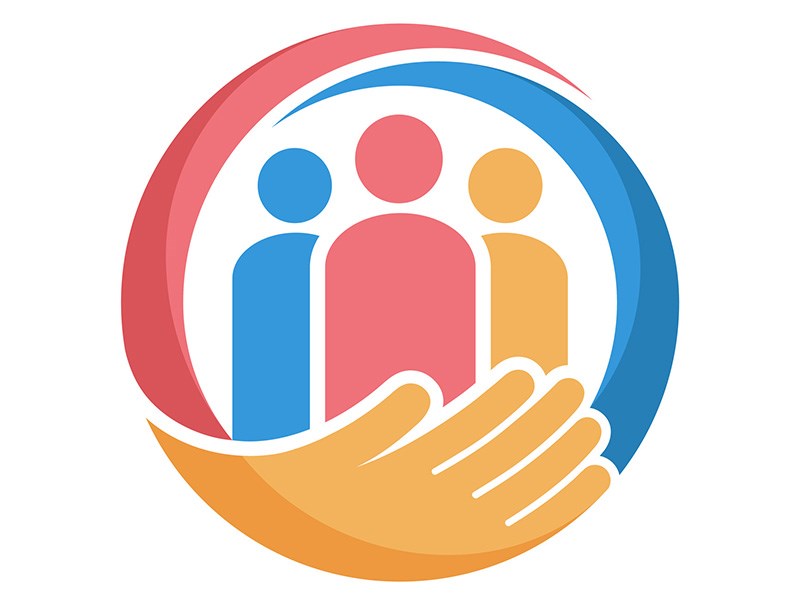I choose to be a teacher in our community because I believe in the power of community. I always have and always will wholeheartedly support “Inclusion.” Everyone is equal. Period.
I believe that the foundation of real community should be created, developed and sustained through love, compassion, understanding, connection and empathy. I teach with passion every day to any individual with any type of disability, challenge or marginalization.
We all have a duty as humans to critically think, strategize and develop new compassionate methodologies on how to improve our society. Our system is far from perfect and there is much room for improvement. Everyone has the human right to feel connected within the collective and learn through kindness in a community context.
There are three central concepts which are needed for human happiness. People need connection through “community.” People need to create meaning through “passion.” People need to have freedom through “personal autonomy.”
The truth about the house on Chilco Avenue [Conflict tests inclusiveness,” November 2] is that it is an undesirable shack which nobody wanted to purchase as a home for quite some time and therefore the owner decided to create a leasing agreement with Inclusion Powell River.
With a small house and a small yard and now a big fence surrounding the perimeter, the Chilco residence will no doubt feel like an institution for the individual. I believe far too often we minimize the importance of personal autonomy. Our freedom is central to our spirit feeling a sense of dignity.
If your freedom was restricted through the use of a facility fence around your home, would you want to escape? I am interested in exploring what is the most potentially compassionate approach for Inclusion with respect to the personalized needs of all people. Can we develop a system for complete community inclusion without taking away the personal autonomy of an individual?
If individuals through Inclusion are directly “connected” within our “community” each day and able to create meaning through “personal passion” projects every day, would it not be more compassionate to explore an approach to housing alternatives for certain individuals with specific needs in terms of a living environment with more space to provide more personal freedom?
“Inclusion” is the action of including or of being included within a group or community. If someone needs to be contained within a space through the use of a fence, then does it cease to be inclusion and rather “isolation” for that individual?
What is the most effective process to establish and ensure empathy in action for all people within Inclusion? I believe we need to provide a personalized health care approach for the needs of every individual’s subjective needs.
I believe in love. I believe in community. I believe in radical social and political change. I believe we all need to care. I believe we all can do better together as a community.
Darren Bennett
Powell River



